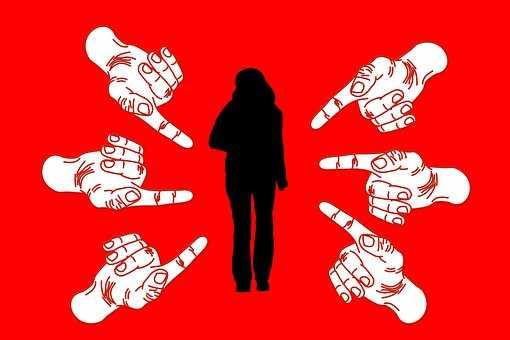Shame
Talking about our feelings of shame and naming them often diminishes their power. In fact, verbalizing our shame actually makes us resilient to it.
This is because shame gains power through being unspeakable: the less we talk about it, the more control it has over our lives.
The problem is that it's natural for us to keep our shame to ourselves. Shame doesn't even require the presence of other people: most of us are likely to be our own worst critics and maintain a stockpile of shame to draw from.
277
1.63K reads
CURATED FROM
IDEAS CURATED BY
How to be vulnerable and embrace imperfection, to live wholeheartedly, and courageously.
“
The idea is part of this collection:
Learn more about leadershipandmanagement with this collection
How to overcome fear of rejection
How to embrace vulnerability
Why vulnerability is important for personal growth
Related collections
Similar ideas to Shame
Shame
Narcissists harbor a lot of shame. Shame is the belief that there is something deeply and permanently wrong or bad about who you are.
Buried in a deeply repressed part of the narcissist are all the insecurities, fears, and rejected traits that he is constantl...
Productivity Shame
Work is never finished, and we are unable to disconnect from it, causing us to experience productivity shame, impacting our happiness and creativity.
The modern working profiles (like knowledge work and remote work) do not have strict guidelines on a day’s productivity or ...
The Harm of Shame
Shame can be more troubling than guilt. It's hard for some people to separate their actions from who they are as a person. The downsides of shame:
- Decreases self-esteem - you tend to think that every negative action says something about who you are.
- Promotes unethical behavi...
Read & Learn
20x Faster
without
deepstash
with
deepstash
with
deepstash
Personalized microlearning
—
100+ Learning Journeys
—
Access to 200,000+ ideas
—
Access to the mobile app
—
Unlimited idea saving
—
—
Unlimited history
—
—
Unlimited listening to ideas
—
—
Downloading & offline access
—
—
Supercharge your mind with one idea per day
Enter your email and spend 1 minute every day to learn something new.
I agree to receive email updates

